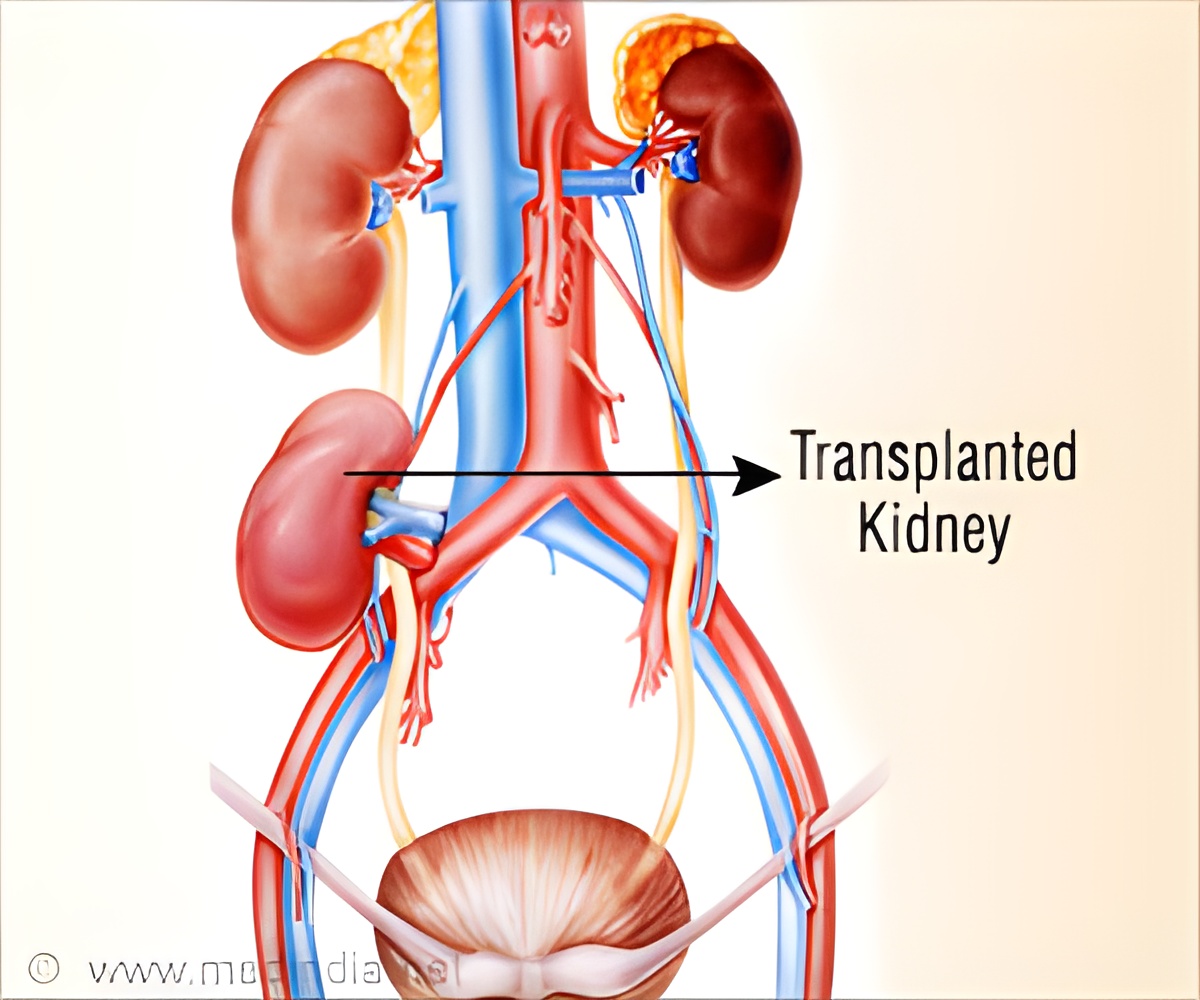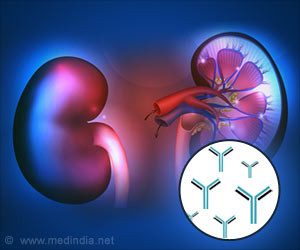The calculator indicates mismatches such as gender, weight, body size, genetic make-up that are associated with increased risks of graft failure.

‘An area where this calculator may be especially useful is in kidney paired donation (KPD) to sort out incompatibilities with respect to blood type or genetic makeup between the two.’





To develop the calculator, a team led by John Kalbfleisch, PhD and Valarie Ashby, MA (University of Michigan) analyzed data on 232,705 recipients of kidney transplants from 1998 to 2012 who were listed in the Scientific Registry of Transplant Recipients. After taking into consideration donor and recipient characteristics, the investigators found that certain mismatches with respect to gender, weight, body size, genetic make-up, and age were associated with increased risks of graft failure.
The findings were used to create a calculator of estimated graft survival following transplantation of kidneys from living donors.
Dr. Kalbfleisch noted that an area where this calculator may be especially useful is in kidney paired donation (KPD). Many kidney transplant candidates have willing living donors, but there are often incompatibilities with respect to blood type or genetic makeup between the two.
In KPD programs, pools of incompatible donor and recipient pairs are formed with the aim of arranging exchanges to help overcome these incompatibilities. In some instances, a candidate with a compatible donor may decide to join a KPD pool with the purpose of seeking a better match through an exchange. When compatible pairs join a pool, this can be beneficial to other pairs in the pool as well.
Advertisement
Source-Eurekalert














